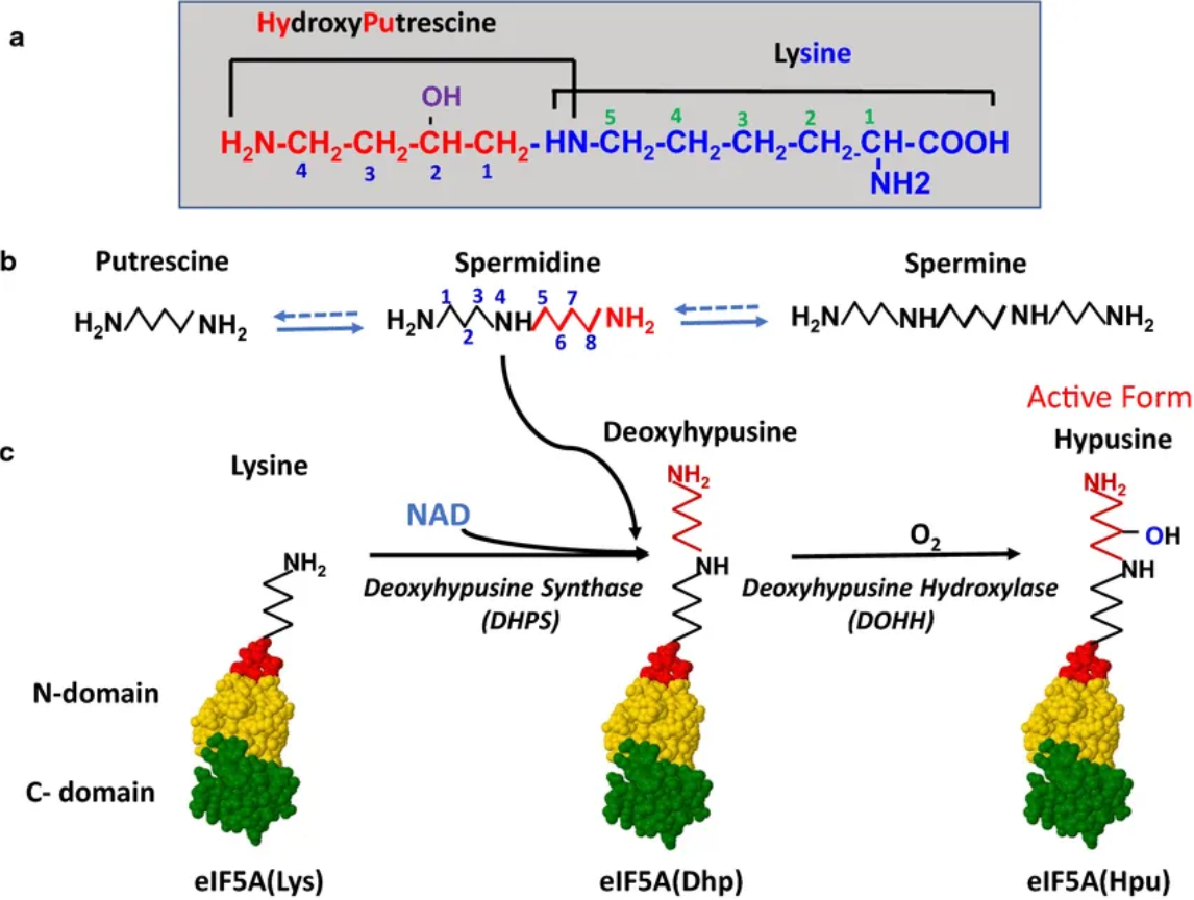Hypusine Formation Analysis Service
Hypusine is a rare and highly specific post-translational modification that occurs exclusively on a single lysine residue of eukaryotic initiation factor 5A (eIF5A). This modification is essential for cell proliferation and survival, as it regulates translation elongation and mRNA turnover.
MtoZ Biolabs provides a dedicated Hypusine Formation Analysis Service designed to deliver comprehensive insights into this essential modification. Our workflows are modular and flexible, enabling both targeted studies and global profiling:
💠Residue-Level Characterization
High-resolution LC-MS/MS is employed to precisely identify and distinguish lysine, deoxyhypusine, and hypusine states on eIF5A.
💠Immunoaffinity Enrichment
Antibody-based capture strategies are combined with mass spectrometry to selectively analyze hypusinated proteins and their associated interaction networks.
💠Quantitative Profiling
Targeted PRM or MRM assays are applied to quantify hypusine levels across experimental conditions, time courses, or treatment responses.
💠Enzyme Activity Correlation
Expression and functional activity of deoxyhypusine synthase and deoxyhypusine hydroxylase are evaluated in relation to hypusine modification, providing mechanistic insight into regulatory pathways.
💠PTM Crosstalk Analysis
Optional studies are available to explore interactions between hypusination and other post-translational modifications such as phosphorylation, acetylation, or ubiquitination.
💠Structural and Functional Integration
NMR spectroscopy, domain mapping, and bioinformatics modeling are combined to link hypusine modification with protein structure, signaling dynamics, and cellular function.
What is Hypusine?
Hypusine is a unique post-translational modification derived from the polyamine spermidine. Its formation involves a two-step enzymatic process. First, deoxyhypusine synthase (DHPS) transfers the aminobutyl moiety of spermidine to a specific lysine residue on eIF5A, generating deoxyhypusine. This intermediate is then hydroxylated by deoxyhypusine hydroxylase (DOHH) to produce mature hypusine.

Park, M. H. et al. Amino Acids. 2021.
Figure 1. Structure of Hypusine (a), Interconversion of Polyamines (b), and Pathway of Hypusine Biosynthesis by Two Enzymatic Steps (c)
This modification is highly conserved in all eukaryotes and is indispensable for cell growth. Functionally, hypusine is required for the activation of eIF5A, which plays a critical role in translation elongation, particularly in the synthesis of proteins containing polyproline motifs. Dysregulation of hypusine formation has been linked to impaired cellular proliferation, neurodevelopmental disorders, metabolic abnormalities, and cancer progression. Given its unique specificity and biological importance, hypusine is considered a potential biomarker and therapeutic target.
Analysis Workflow

Service Advantages
✅ Precision: High-resolution mass spectrometry ensures accurate detection and site-specific mapping.
✅ Comprehensiveness: End-to-end workflows from sample preparation to advanced bioinformatics analysis.
✅ Customization: Flexible service design tailored to specific research questions and sample types.
✅ Expertise: An experienced scientific team ensures reliable data interpretation and technical support.
Applications
1. Translational Regulation
Our service helps elucidate the role of hypusine-modified eIF5A in translation elongation, particularly in the synthesis of proteins with challenging polyproline motifs.
2. Cell Growth and Proliferation
By quantifying hypusination levels, we support studies investigating how hypusine drives cell cycle progression and survival under physiological and pathological conditions.
3. Disease Mechanism Research
Systematic analysis of hypusine and its biosynthetic enzymes provides insights into the molecular basis of cancer, neurodevelopmental abnormalities, and metabolic disorders.
4. Drug Discovery and Therapeutic Development
We facilitate evaluation of DHS and DOHH as druggable targets, supporting the development of inhibitors and modulators for translational control pathways.
5. Biomarker Identification
Global profiling of hypusine formation enables discovery of diagnostic and prognostic biomarkers in oncology, neurology, and metabolic disease research.
FAQ
Q: Can this service distinguish between deoxyhypusine and mature hypusine?
Yes. Using high-resolution LC-MS/MS combined with optimized enrichment strategies, we can resolve deoxyhypusine intermediates from fully hydroxylated hypusine, enabling detailed mapping of the modification pathway.
Deliverables
1. Comprehensive Experimental Details
2. Materials, Instruments, and Methods
3. Total Ion Chromatogram & Quality Control Assessment
4. Data Analysis, Preprocessing, and Estimation
5. Bioinformatics Analysis
6. Raw Data Files
MtoZ Biolabs, with its advanced analytical platforms and experienced research team, provides reliable and comprehensive Hypusine Formation Analysis Services. Our solutions enable researchers to uncover the biological and clinical significance of hypusine, supporting both fundamental studies and translational applications. Free project evaluation, welcome to learn more details.








